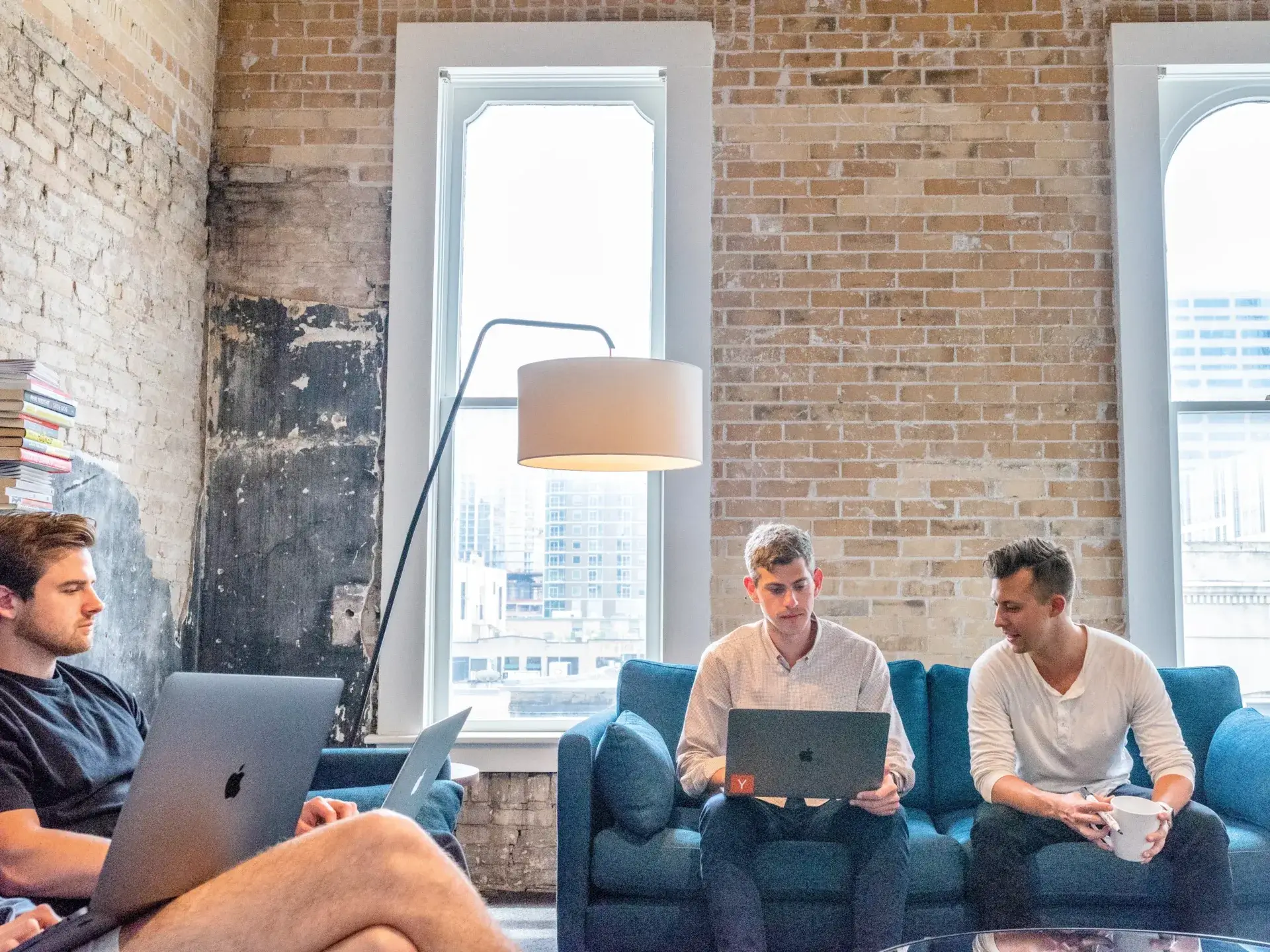The job interview process can be nerve-wracking, but proper preparation can turn it into an opportunity to shine. While every interview is unique, there are certain questions that often come up in one form or another. These can sometimes be “killer” questions, designed to assess your competencies, personality, and cultural fit within the company. Your responses often need some thought ahead of time in order to strike the right tone and balance.
In this article, we will explore seven common yet perhaps challenging interview questions, why they matter, and tips on how to craft thoughtful responses that will impress potential employers. These questions may be asked in different ways, but are common themes for many interviewers in one guise or another.
1. “Tell me about yourself.”
Why this question matters:
This is often the first question asked in an interview, designed to break the ice and give the interviewer an overview of your background. How you answer this sets the tone for the entire interview. While it may seem like an open-ended, casual question, it’s an opportunity for the interviewer to assess your communication skills, gauge how you present yourself, and learn key details about your professional history.
How to answer:
Your response should ideally be structured and concise, focusing on your professional journey rather than personal life details. You can either use your CV as a reference and start from your most hisoric but relevant role, up to present. Alternatively if you do not have your CV to hand, it may be easier to follow a simple formula:
- Present: Briefly state your current role and what you do.
- Past: Highlight your key experiences that led you to this point, particularly those relevant to the role you’re applying for.
- Future: Explain why you’re excited about this position and how it fits into your career goals.
2. “What are your strengths and weaknesses?”
Why this question matters:
Employers want to understand how well you know yourself. Highlighting your strengths shows that you have confidence in your abilities and know what you bring to the table. Conversely, your weaknesses reveal self-awareness and your ability to reflect on areas for growth. It’s important to be genuine, but your answer should also demonstrate how you are actively working to improve.
How to answer:
For strengths, pick one or two that are relevant to the job and provide examples of how you’ve demonstrated them in the workplace. For weaknesses, choose something that is honest but not critical to the role, and explain how you’re addressing it, you could even reflect on feedback from a psychometric test, as this shows continuous development and insight.
Example strength:
“I feel one of my strengths is problem-solving. For example, in my current role, I’ve been able to identify inefficiencies in our processes and develop solutions that have increased our team’s productivity by 20% through x, y z.”
Example weakness:
“I tend to be a perfectionist, which can sometimes slow me down when working on projects. However, I’ve been working on balancing quality with efficiency by setting stricter deadlines for myself and focusing on prioritising key tasks. I do this by… ”
3. “Why do you want to work for us?”
Why this question matters:
This is a test of your research skills and motivation. Employers want to know if you’ve taken the time to understand their company, its values, and how the role fits into your career aspirations. A generic or vague answer suggests a lack of preparation or focus on that particular role, while a well-thought-out response can demonstrate enthusiasm and commitment.
How to answer:
Research the company thoroughly before the interview. Understand its culture, mission, and recent developments. Your answer should include specific reasons why you are drawn to the company, how its goals align with your values or experience, and what excites you about the role itself.
Example:
“I admire how your company has been a leader in sustainability within the fashion industry. I’ve followed your initiatives around eco-friendly materials and ethical sourcing, and I’m impressed by your commitment to reducing the environmental impact of fast fashion. With my background in supply chain management, I’m excited by the opportunity to contribute to such meaningful work and help drive further innovations in sustainability.”
4. “Can you tell me about a time you faced a challenge and how you dealt with it?”
Why this question matters:
This is a behavioural question designed to assess how you handle pressure, think critically, and solve problems. Employers want to understand specifically how you’ve navigated difficult situations in the past because it provides insight and evidence into how you might handle challenges in the future.
How to answer:
Use the STAR method (Situation, Task, Action, Result) to structure your answer.
- Situation: Briefly describe the challenge you were facing.
- Task: Explain what was required of you.
- Action: Describe the steps you took to overcome the challenge.
- Result: Share the outcome and any positive impact it had.
Example:
“In my previous role, we had a major supplier pull out just days before a product launch. My task was to find an alternative supplier and ensure we met our launch deadline. I quickly researched and contacted several other vendors, assessed their quality, negotiated terms, and worked closely with the logistics team to expedite deliveries. In the end, we met the deadline, and the launch was a success, generating 15% more sales than anticipated.”
5. “Where do you see yourself in five years?”
Why this question matters:
Interviewers sometimes ask this to gauge your career ambition and how well the role fits into your longer-term plans, although it is an arguably more outdated one it is still common for many companies to ask this question. They want to know whether you’re looking for a job or seeking a career. This is also an opportunity to show that you’re motivated and have realistic aspirations for growth.
How to answer:
Your response should strike a balance between ambition and practicality. Show that you’re invested in your professional development and that you see the role as part of your career progression. Avoid stating aspirations that are too lofty or unrelated to the role, or may give rise to a concern that you don’t actually want the specific role you are applying for, but want a more senior role – for example.
Example:
“In five years, I see myself developing into a leadership position within marketing, ideally working for a company that prioritises creativity and innovation and to whom my loyalty and development can provide mutual benefit long-term. I hope to have developed strong expertise in brand strategy and campaign management, and I believe that starting in this role will provide me with the experience and skills needed to achieve those goals.”
6. “Why should we hire you?”
Why this question matters:
Although a little blunt (and often asked in a slightly different way), this question is an opportunity to sell yourself. It allows you to summarise your qualifications, demonstrate your value, and show confidence in your ability to contribute to the company’s success. Employers want to see how well you understand the role and why you’re the right person for it.
How to answer:
Highlight your most relevant skills, experience, and personal qualities that align with the job description. Be specific and provide examples to back up your claims. Emphasise how you can contribute to the company’s goals and stand out from other candidates.
Example:
“I feel I am a great fit for the role and the company because I have a proven track record in developing and executing successful marketing strategies that have increased brand awareness and customer engagement. In my last role, I helped grow our online presence by 30% in just one year, and I’m confident I can bring the same results here. I believe my background in digital marketing, combined with my passion for innovative campaigns, makes me an excellent fit for your team.”
7. “Do you have any questions for us?”
Why this question matters:
This is often one of the final questions in an interview, and it’s an opportunity for you to show curiosity and further demonstrate your interest in the company. The quality of your questions can reflect your level of engagement and how well you’ve understood the role.
How to answer:
Firstly, always ask at least one question. Prepare thoughtful questions in advance that demonstrate you’ve done your homework on the company and are genuinely interested in the position. Avoid negotiating salary or benefits at this stage. Instead, focus on questions about the role, company culture, or future growth.
Example questions to ask:
- “Can you tell me more about the team I would be working with / leading?”
- “What are the biggest challenges the company is currently facing, and how does this role contribute to overcoming them?”
- “How do you measure success for someone in this role?”
- “What opportunities are there for professional development and growth within the company?”
Final Thoughts
Preparing for these seven key interview questions will help you approach any job interview with confidence. Remember, interviews are a two-way process — not only is the employer assessing whether you are a good fit for the role, but you are also determining if the company and position are right for you. Take the time to craft thoughtful responses that reflect your skills, experience, and enthusiasm, and don’t forget to ask insightful questions of your own. If you are working with an executive search firm on the role, seek guidance from them too, as they will have spent a great deal of time understanding the role, culture and requirements.



